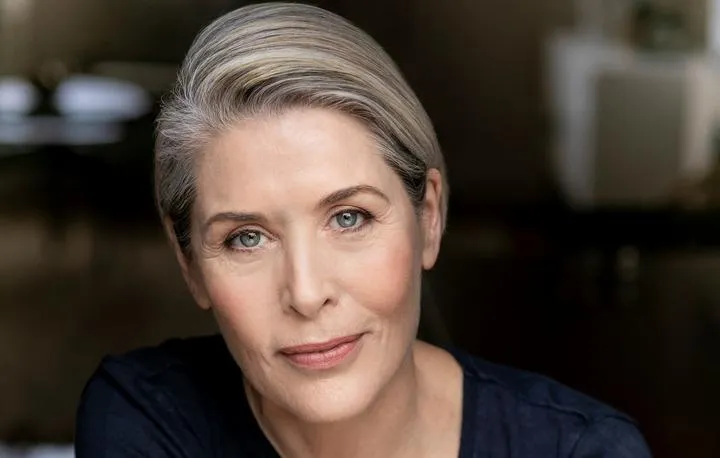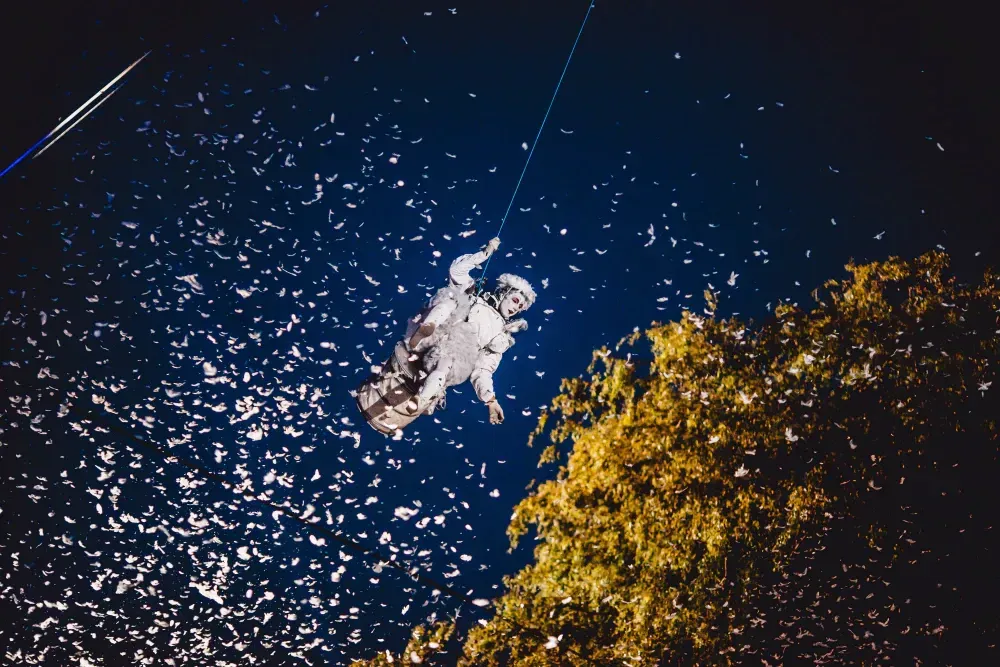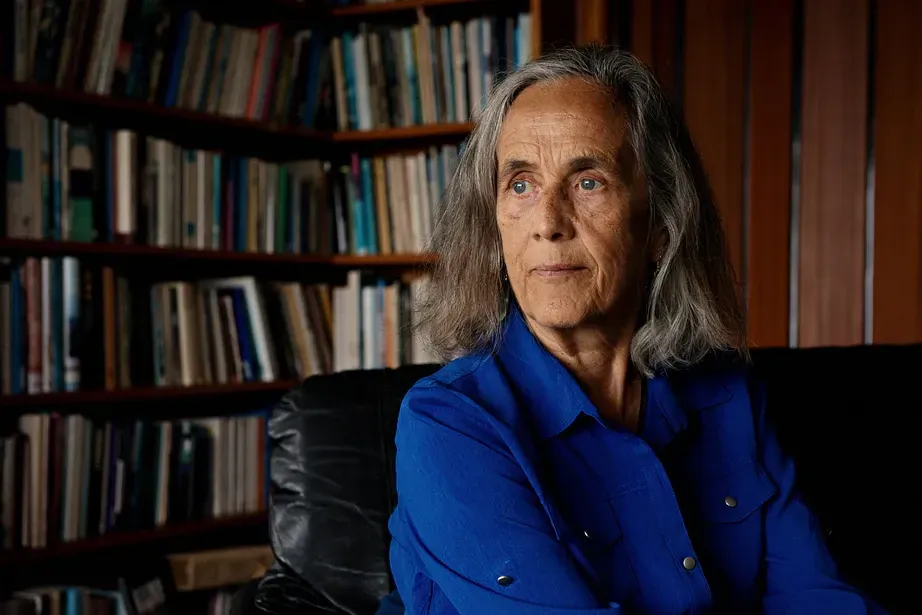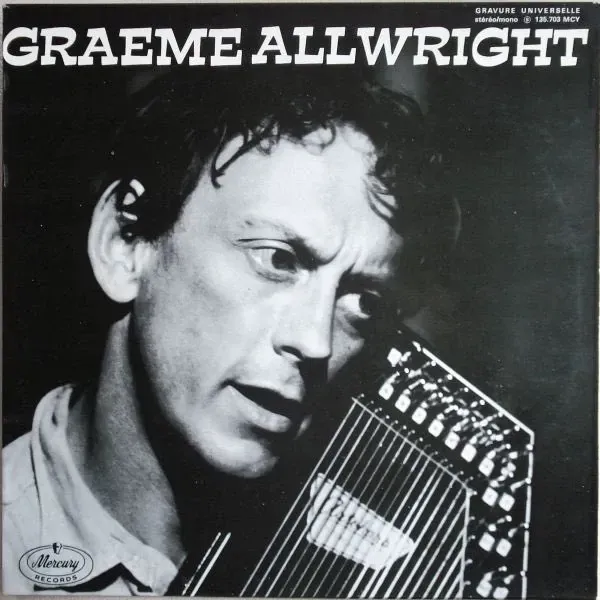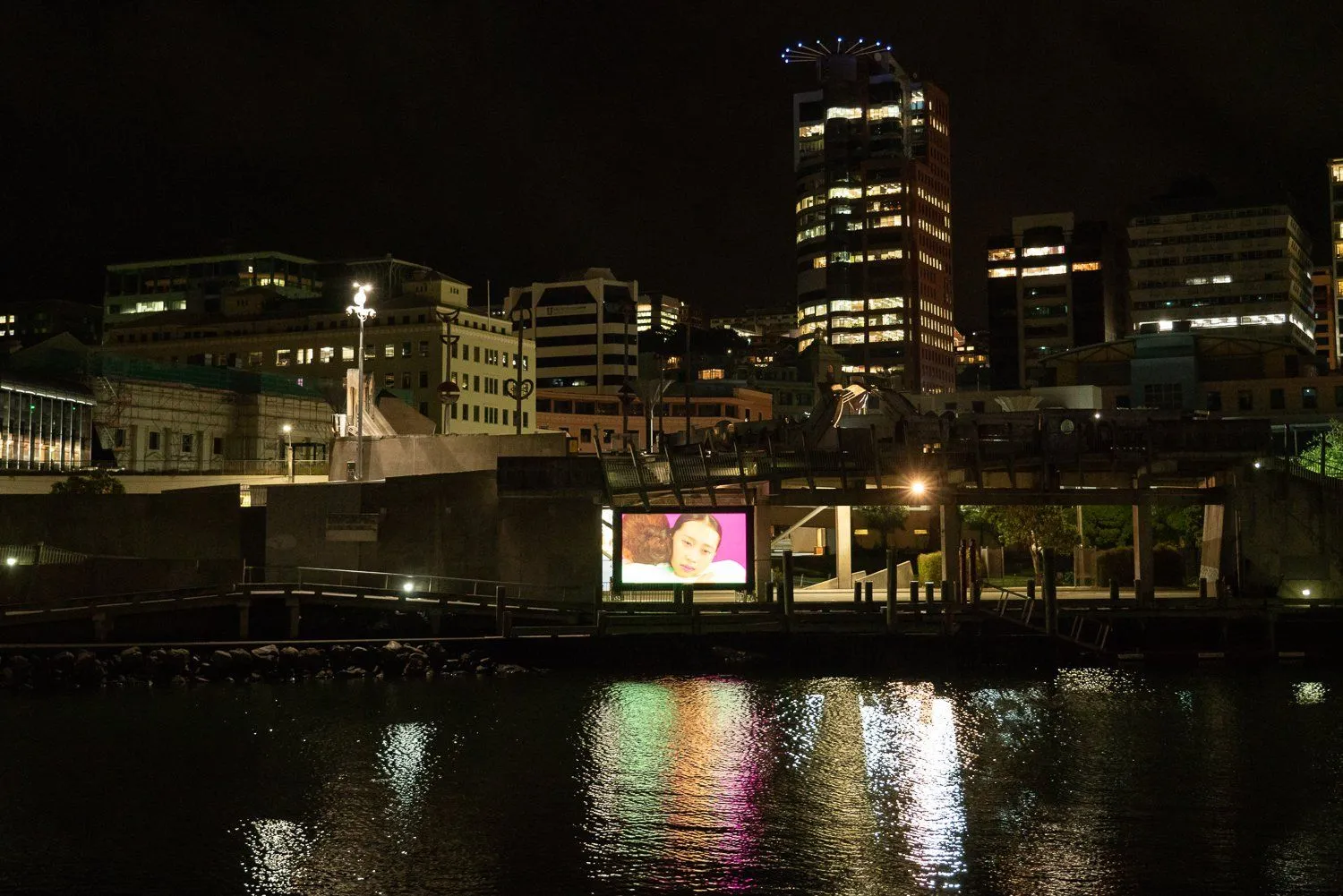Class, Cowardice and Coronavirus
Written by
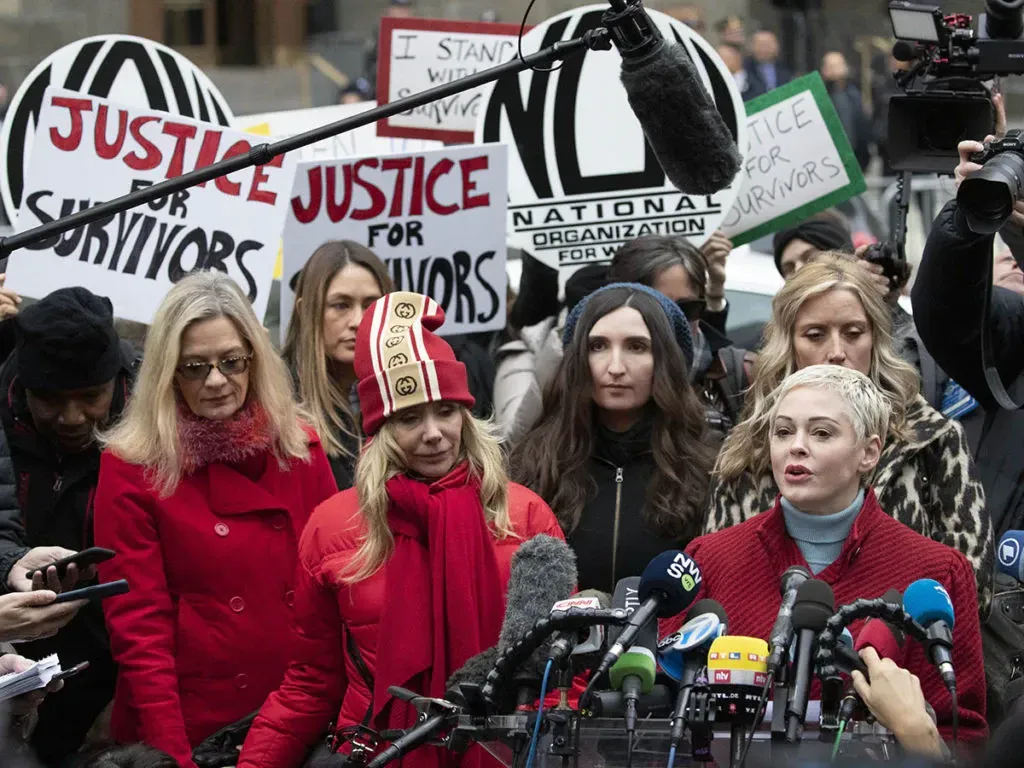
Judgement Day
In one of the biggest and most industry-altering stories to ever hit show business, the figurehead of the #MeToo movement, Harvey Weinstein has been found guilty of two felony sex crimes. The convicted rapist was once considered one of the most powerful men in Hollywood. 90 women, including Salma Hayek, Uma Thurman and Gwyneth Paltrow alleged that Weinstein used this power to threaten their careers and coerse them into non-consentual sex acts. Although most of these allegations were too old to prosecute, this revelation sparked a worldwide wave of people disclosing sexual harassment and assault at the hands of powerful men.
Rumours about Weinstein’s behaviour and his “that’s Hollywood” excuse have dogged the film mogul for years. Based on the testimony of six women, a jury of seven men and five women have found Weinstein guilty of both rape and sexual assault from charges stemming from 2006 and 2013. His accusers met the judgment with relief. Actress Mira Sorvino said “We’ve finally taken that power back, we have exposed his evil” while Caitlin Dulany responded “it’s like the sky is blue again.”
In the wake of this trial, it is easy to focus on Weinstein’s spectacular fall from grace. Really, we should be focusing on the brave women who started an international movement to shift long-held legal and societal power structures in the film industry and beyond.
They have empowered people to speak up and have now ensured a legal precedent that holds people, regardless of their position, accountable for their actions. Their willingness to put their personal and professional reputations on the line has created a defining moment for power politics in the arts sector and the myth of the casting couch can begin to be burned. Yasmeen Hassan has penned a powerful piece entitled ‘Thank you’: Six brave women did the hard work of holding Harvey Weinstein accountable.
NZer of the Year All Class
Congratulations are in order for Jennifer Ward-Lealand Te Atamira for her triumph at the Kiwibank New Zealander of the Year awards. An actor and Māori advocate for 40 years, her involvement in Aotearoa’s performing arts sector and devotion to telling our stories authentically is outstanding.
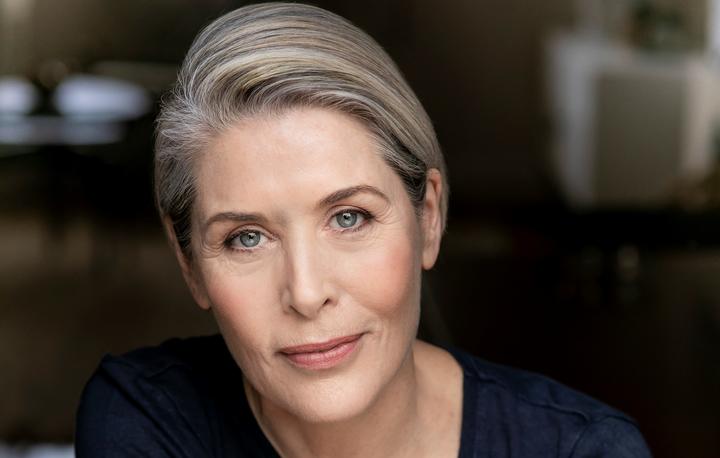
Jennifer Ward-Lealand. Photo: Andi Crown.
However, the choice to highlight Ward-Lealand’s win in relation to her advocacy for te reo Māori within the performing arts sector raised some eyebrows in the Twittersphere. Specifically, there was discussion around her New Zealander of the Year biography which notes “In all these endeavours, she has shown an unparalleled commitment and passion for te reo Māori.”
The issue with the word ‘unparalleled’, as Kate Prior points out in a piece for the Pantograph Punch is “the statement was easily taken out of context in the press to mean “unparalleled commitment” to te reo beyond the perfoming (sic) arts, which is, well, madness. In that context, it completely ignores and marginalises the work Māori have done over decades to revitalise their own language. Even if only in reference to the theatre world, it’s still deeply incorrect.”
Ward-Lealand herself issued a statement via her Twitter account: “I have been dismayed that my love for te reo has been overstated into a role that I would never claim for myself. My aroha & respect for Māori revitalising their mother tongue, & knowing it is an intrinsically harder road than mine makes me determined 2 b (sic) an ally, mō ake tonu atu.”
It was a heartfelt response, that thus far has garnered largely positive feedback from tangata whenua and advocates alike in the arts sector and beyond.
Subjects of Debate
The Ministry of Education is seeking public feedback on scrapping NCEA Level 1 subjects such as Classical Studies, Latin and Art History but adding a Māori Performing Arts option.
While it’s great that Te Ao Māori is getting the recognition it deserves, this arts advocate questions why can’t we have them all?
Each of these subjects offer valuable interpersonal and research skills while Art History and Classical Studies teach people how to think critically and write coherent arguments. In a time where employers are valuing the “soft skills” championed by the humanities more than ever before, this suggestion seems short sighted.
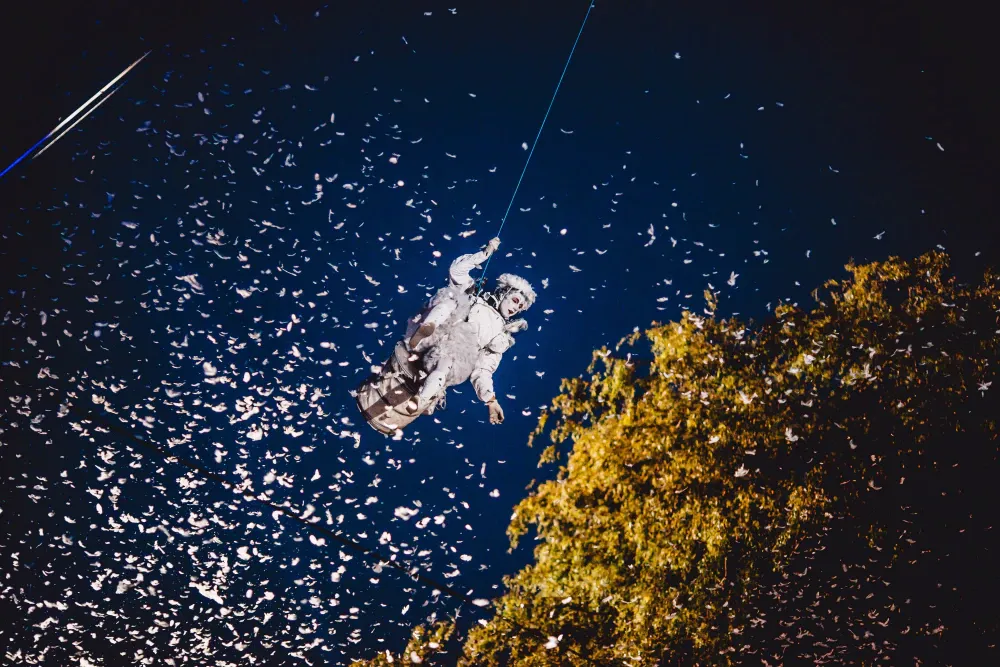
Place des Anges. Photo: Tom Arran.
Coronavirus Complications
Auckland Arts Festival (AAF) have announced that one of their feature shows for 2020, Place Des Anges has been cancelled. This is due to “major freight issues related to the Coronavirus outbreak and subsequent cancellation of air cargo flights worldwide” said David Inns.
Unfortunately, escalating costs got to the point where bringing the event to the festival was “no longer feasible for the ongoing financial viability of the Festival.” Tickets for the outdoor extravaganza are being fully refunded and at this point, no other shows at AAF have been impacted. Here’s hoping they can return to our shores in 2021 and this type of cancellation remains the exception, rather than the new norm for the arts industry.

David Datuna
A-peel-ing Cause
Harking back to one of my previous Lowdowns, David Datuna, the artist who ate the Art Basel Banana, has created an exhibition where he “invites us to re-enact the performance piece” using food that he brought from nearby convenience stores. Rather than lining the gallery’s pockets, Datuna is raising money for the Mt Sinai Hospital, who have been treating him for lung cancer for the last seven years. The art is affordably priced, with several editions available.
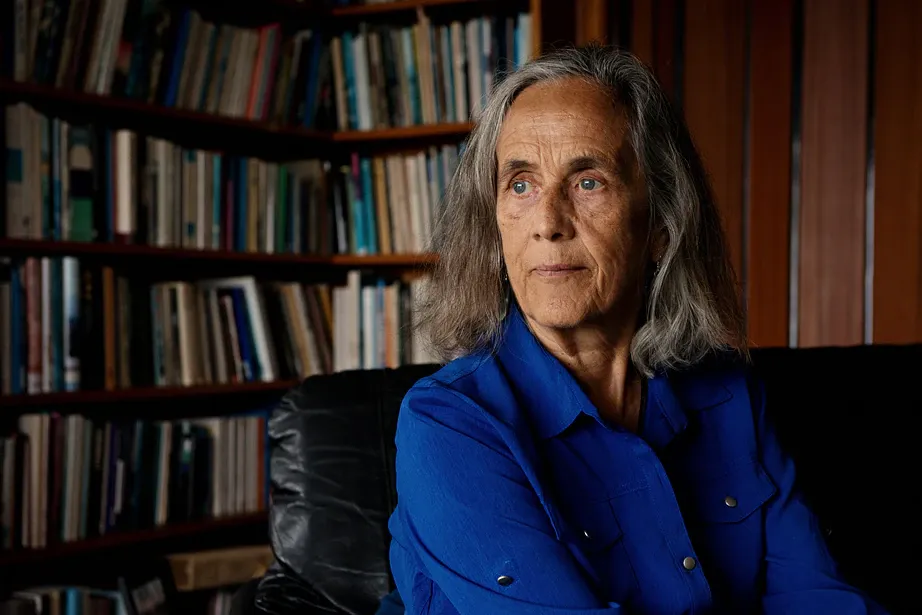
Patricia Grace. Credit Grant Maiden
Groundbreaking Grace
In 1975, Patricia Grace made history by being the first Māori woman to publish a book of short stories. She followed this in 1986 with Potiki, which tells the story of a Māori community who are fighting to save their land from developers. Over 30 years later, it is now being republished in Britain. On the eve of this momentous occasion, she gave an insightful interview to Charlotte Graham-McLay, published in The Guardian, where she discussed life, inspiring art, activism and culture. Congratulations Patricia!
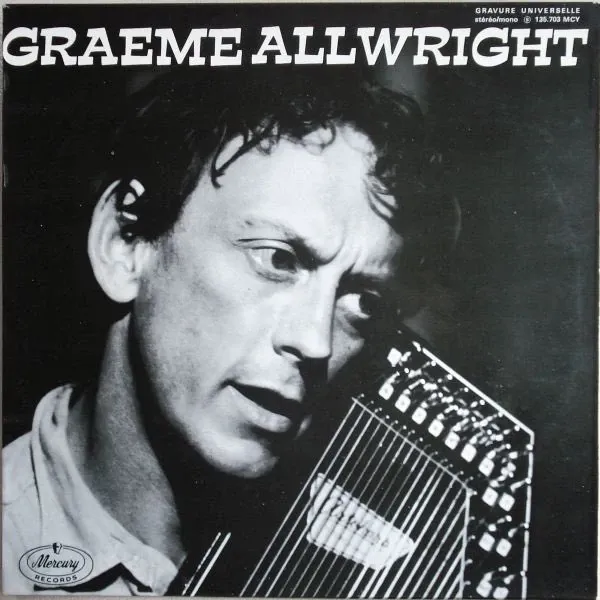
Graeme Allwright album cover
Vale Graeme Allwright
It is with sadness that we acknowledge the death of Graeme Allwright, who, much like Sixto Rodriguez of Searching for Sugarman fame, largely found success outside of his own country. Allwright’s music became the soundtrack of the French Left-Wing counter-culture in the 1960s. Audioculture notes that his songs have become “part of French culture, sung by all ages and respected for their messages of peace.”
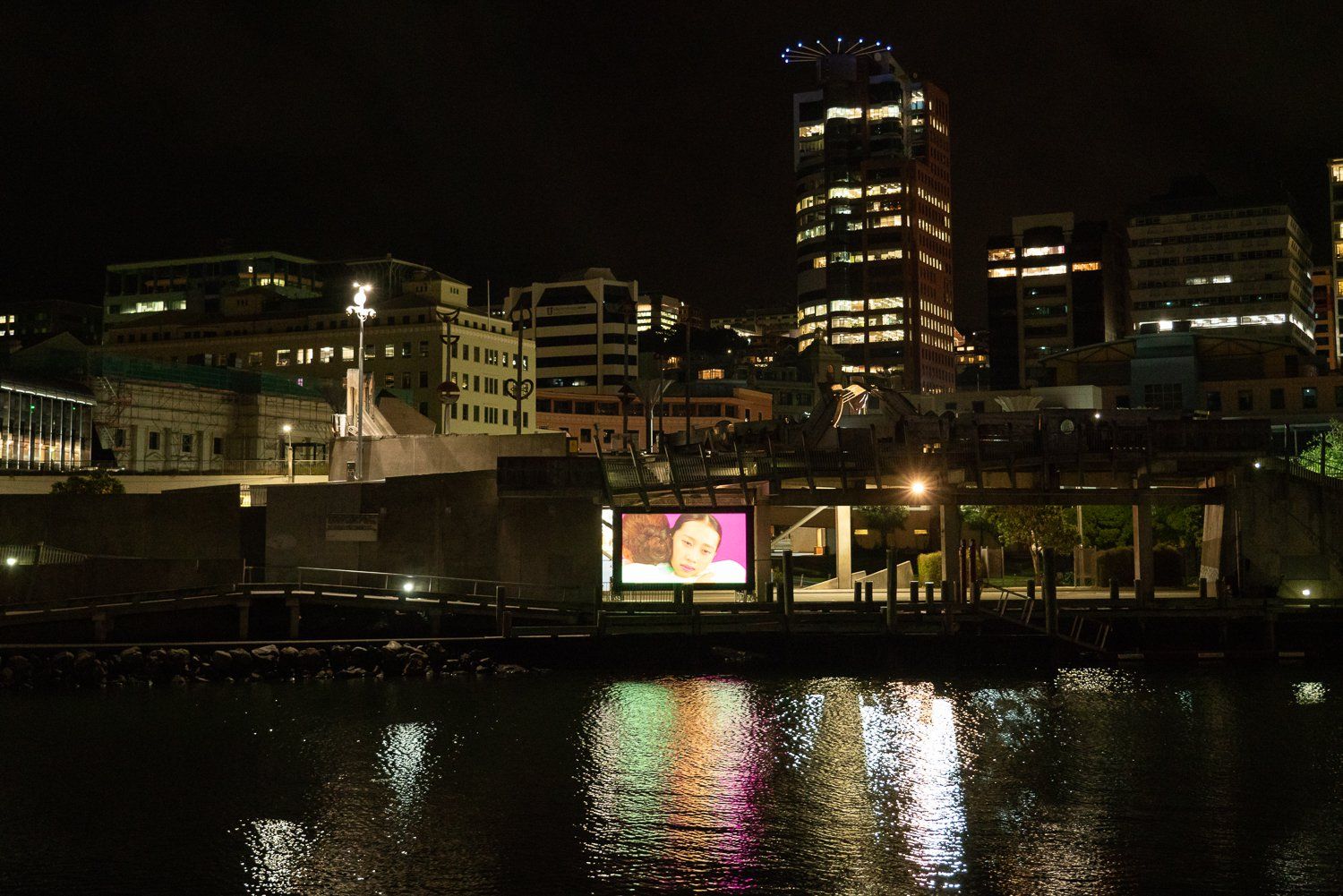
“Into the Open”. Photo credit: Matt Grace.
Capital Collection
Finally, Wellingtonians can enjoy video artwork dotted around the waterfront for the next three weeks. Into the Open is a free exhibition curated by New Zealand Festival curators Lemi Ponifasio, Laurie Anderson, and Bret McKenzie. Each week, one of the curators will explore what it means to be human, through handpicked artists. Keep your eyes peeled.
